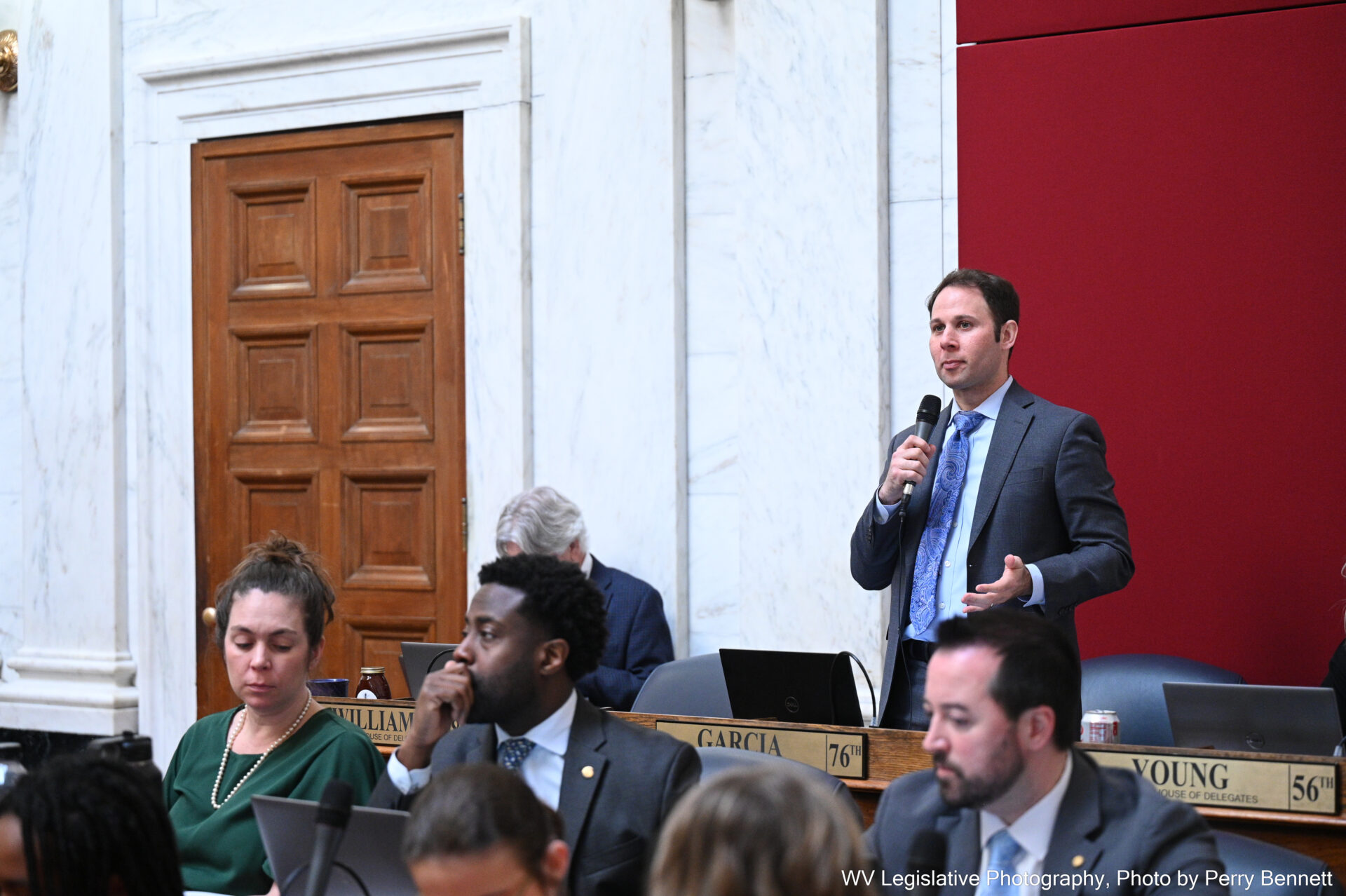Human traffickers may face new penalties for smuggling humans into West Virginia if a bill on third reading in the House of Delegates Monday, House Bill 5031, becomes law.
The proposal defines “illegal alien” and “human smuggling,” noting that people being transported, or harbored, are, under the bill’s terminology, illegal aliens. Smugglers either knowingly transport these individuals into West Virginia or transport and harbor those already in West Virginia.
Human smuggling does not include any person hired by another state who transports an undocumented immigrant through West Virginia, so long as that person will not remain in West Virginia.
The bill also states that victimized undocumented workers are not eligible for restitution.
House Democrats like Del. Joey Garcia, D-Marion, opposed the bill, concerned over unfair victim treatment, and unintended consequences for a possible Good Samaritan.
“We’re talking about the difference between a Good Samaritan situation,” Garcia said. “Somebody gives somebody a ride, when they know that that person might be an illegal immigrant, versus when somebody puts another person in a situation for sexual exploitation, for other types of damages that they can do to hurt that person. And that penalty is going to be exactly the same in each situation. And that’s just a matter of fundamental unfairness right there.”
Del. Mark Zatezalo, R-Hancock, was among the House Republican supermajority that supported the bill they said helps combat a national immigration crisis.
“It’s very important for people to understand that the smuggling of illegal aliens, such as what’s happening along the border, in certain instances, is nothing less than the reintroduction of slavery to the United States,” Zatezalo said. “People basically are indentured servants who come here and they have to give their money to whoever their smugglers are. I don’t think this country can afford that. I don’t think we need to go back to those days. God knows we’ve had enough trouble with that. It’s something that I feel very strongly about. And I wish when we vote on this bill, we all think about that.”
Under the bill’s penalties, someone who smuggles an adult, or assists in smuggling an adult, is guilty of a felony. upon conviction they would be sentenced to 3-15 years, and fined up to $200,000, or both. For a minor, the penalties run 5-20 years, with fines up to $300,000, or both.
HB 5031, the human trafficking bill, passed 83-13 and now goes to the Senate.
